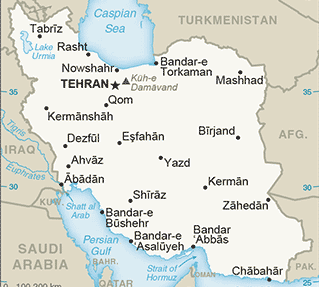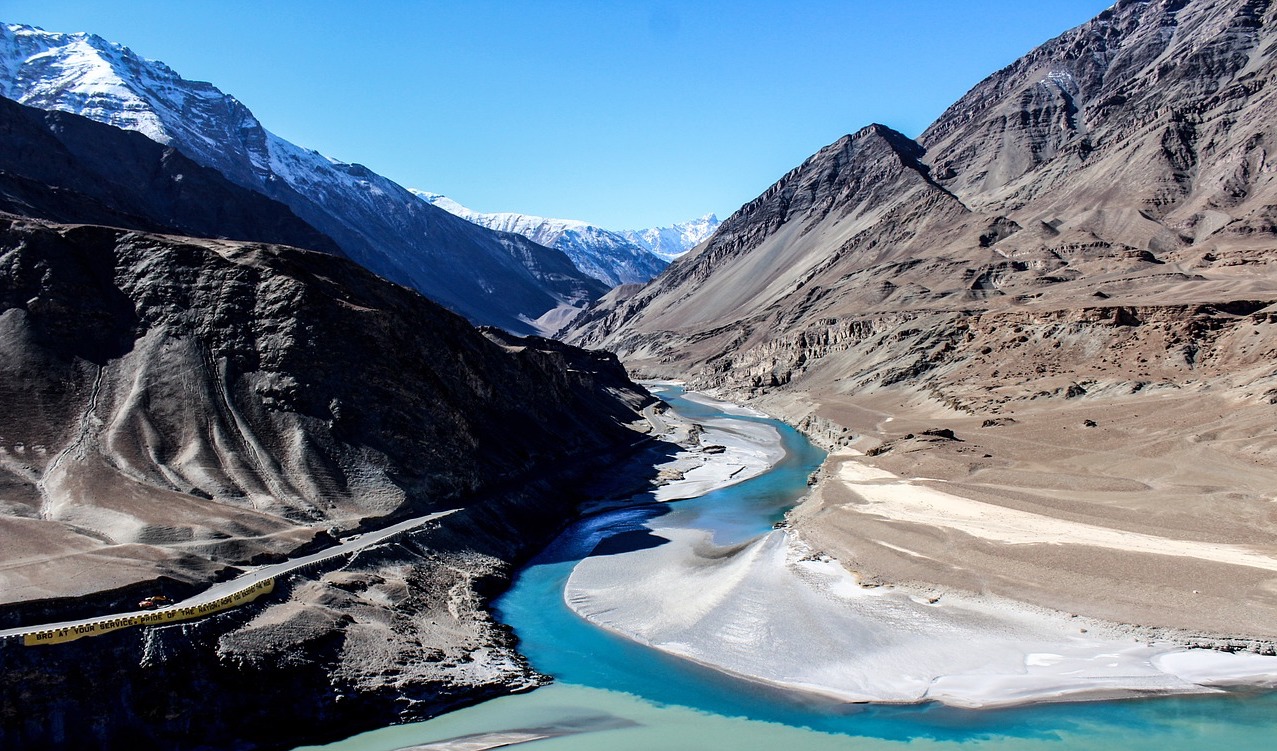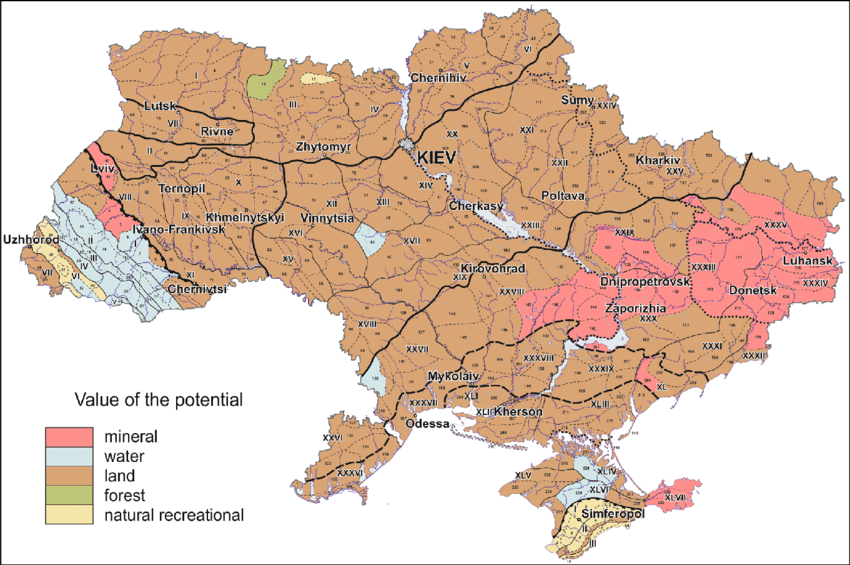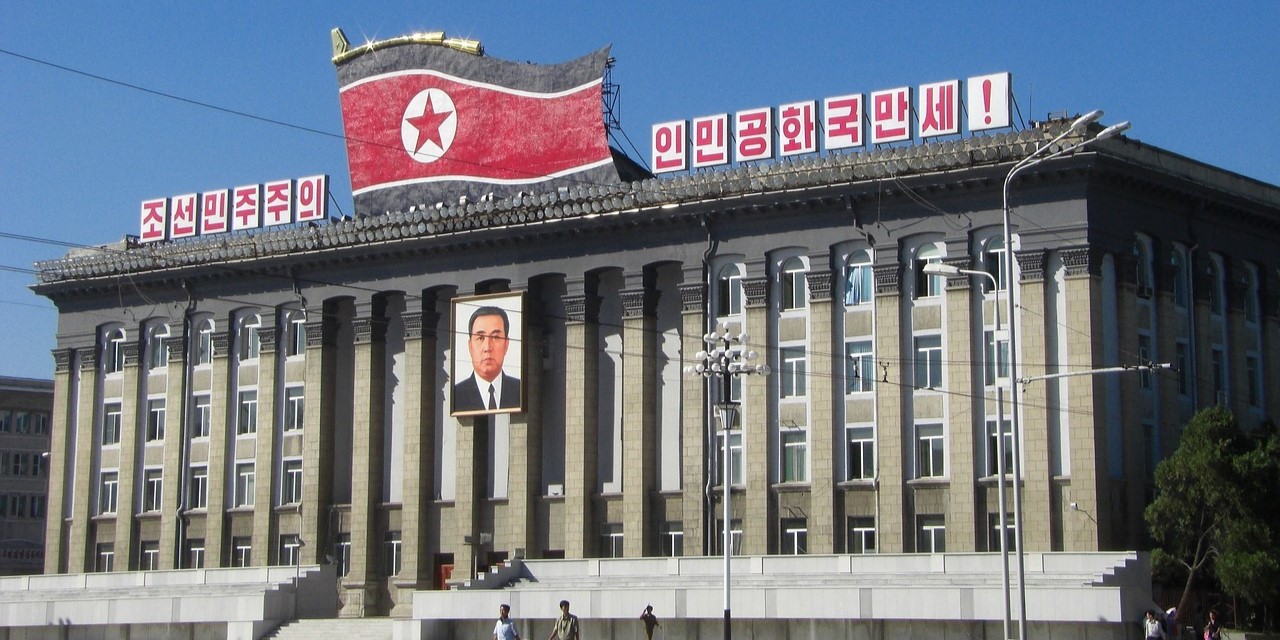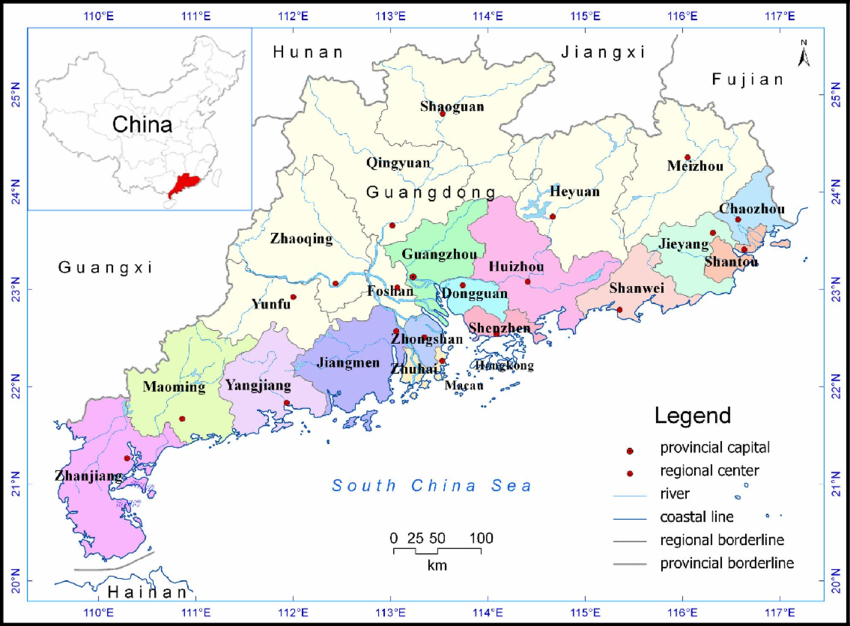
Podcast: neither Jewish State nor Islamic Republic II
With Israel’s criminal air-strikes on Iran’s nuclear sites releasing radioactive contamination, Bibi Netanyahu cynically invokes the “Woman, Life, Freedom” protest movement that shook Iran for months from September 2022. Of course nothing is less conducive to pro-democracy civil resistance in Iran than to have this cause associated with the foreign power that is bombing the country’s territory—and is itself oppressing the Palestinians with biblical justifications. In Episode 282 of the CounterVortex podcast, Bill Weinberg again advocates a neither/nor position that rejects the militaristic and reactionary regimes of both Zionism and political Islam, and looks to a secular order in the Middle East. (Photo: Ottawa protest in support of Iranian uprising, via Wikimedia Commons)



